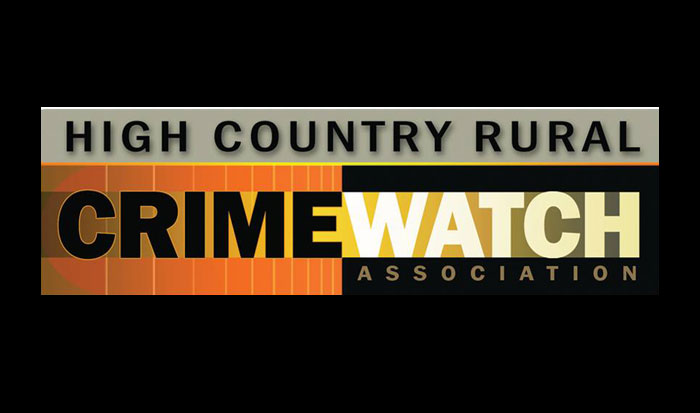How the RCMP sets Policing Policies
Do you have a say in how the RCMP’s policing Priorities are set? Yes, you do, and probably more than you think. I will start to address this topic from the local perspective. In the Spring of 2021, Staff Sgt. Laura Akitt sent out a questionnaire, available then on the Foothills County website, asking what citizens like you and I would like to see the RCMP focus their policing efforts on, and what we thought were our main areas of concern when it came to rural crime.
There were 203 responses, a significant increase from the previous year. Of the questionnaire responses, Staff Sgt. Akitt stated, “This information is extremely helpful as we move into a new fiscal year of policing for the County. I am currently reviewing your responses, and based on your information, as well as that of local governing bodies, I will be preparing the Foothills County Annual Performance Plan (APP). Once this report is completed, I will update everyone with the policing objectives for this year.”
The local governing bodies referenced are for certain Foothills County council. There were likely others, including the towns and village within Foothills County (Black Diamond, Turner Valley, Longview, etc.); however I cannot say that with certainty.
The questionnaire and the council consultations resulted in Staff Sgt. Akitt’s adoption of three key areas. As taken from Staff Sgt. Akitt Mountie Moments, they are:
“Crime Reduction – With a focus on reducing property thefts. One key actively to help us work towards this goal is the active CAPTURE program. I believe to date, we have almost 20 participants in the program. The availability of your security video is vital to our investigations.
Traffic Enforcement – Foothills County RCMP will be conducting targeted traffic enforcement in high volume areas though this year, on high traffic locations as well as areas of construction. We are working together with the Foothills County CPO’s to achieve this goal.
Police Presence/Visibility- COVID-19 has made it extremely difficult to maintain a number of personal interactions with Partner agencies and organizations. As we continue to move towards a full re-opening, I am optimistic that we will be able to start to hold our in person activities soon. If there are events you would like us to attend or information talks we can assist in please do not hesitate to let us know.”
So, when the questionnaire comes out again in the Spring of 2022, and when you fill out the questionnaire, your voice, concerns, areas that you’d like the RCMP to focus on WILL be taken into account, collectively with other respondents. If you missed the questionnaire or have concerns that crop up from time to time, you have a direct line to the local RCMP detachment. Staff Sgt. Akitt has consistently stated that she is available to hear your concerns personally by contacting her at KFoothillsEngagement@rcmp-grc.gc.ca
I attempted to get further input on RCMP policing priorities on a much broader perspective from RCMP Superintendent Gordon Sage, who is responsible for Southern Alberta (Olds to Drumheller and south to the US border area). Supt. Sage struck me as a commonsense person so, during a one-on-one discussion after the Town Hall meeting with Justice Minister Madu in July, I asked him if I could contact him in the future for an article on “How the RCMP sets its Policing Priorities in Southern Alberta”. He was happy and willing to assist.
I posed this question to Supt. Sage, which sheds some light on priorities: “How much does the input from the public vs politicians, head office, and district offices, affect the setting of policing priorities at the local level?” The RCMP’s verbatim high-level answer: “I can’t break down the percentages but the mayor and council input, as well as that of the citizens are extremely important. The RCMP “Head Office” which would be K Division Headquarters, does not interfere with setting these priorities, other than allowing our commanders to set the priorities that are important to their respective communities (Part of the Detachment Commanders’ process of setting priorities involves considering crime statistics and trends that are occurring in each respective community in order to focus on problem areas and issues.). This will leave a slightly different look from community to community, but in reality, they are very similar.”
Dave Schroeder
HCRCWA Board Member























